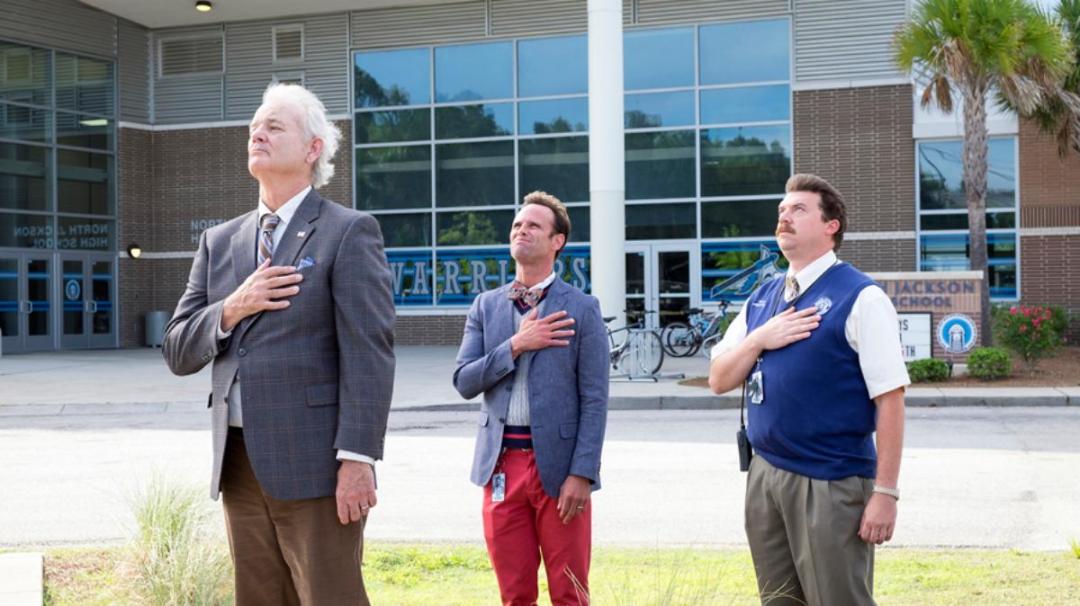The final battle between good and evil at the end of The Matrix Revolutions is the best part of a very flawed movie. Whatever else the Matrix sequels did wrong – and they did a fair bit – the last fight between Neo and Agent Smith is basically perfect. It’s not just a punching contest, it’s a distillation of every moral value at stake in their conflict. I know that’s a controversial statement because I’ve seen so many people make fun of the best part of the scene:
Agent Smith: “Why, Mr. Anderson? Why, why, why? Why do you do it? Why? Why get up? Why keep fighting? Do you believe you’re fighting for something? For more than your survival? Can you tell me what it is? Do you even know? Is it freedom or truth? Perhaps peace? Could it be for love? Illusions, Mr. Anderson, vagaries of perception! Temporary constructs of a feeble human intellect trying desperately to justify an existence that is without meaning or purpose. And all of them as artificial as the Matrix itself, although only a human mind could invent something as insipid as love. You must be able to see it, Mr. Anderson. You must know it by now! You can’t win! It’s pointless to keep fighting! Why, Mr. Anderson?! Why?! WHY DO YOU PERSIST?!”
Neo: “Because I choose to.”
I worry about what it means that such a beautiful and simple encapsulation of what it means to be a human being is so routinely mocked for its alleged meaninglessness: “Because I choose to”. There is something in our language, always present, but more and more prevalent as we sink deeper into the grey muck of modernity: we don’t know how to talk about freedom. We don’t know how to speak about each other as beings with free will. We speak of people driven by rage, rather than people who choose the path of rage. We speak of people who can’t help but be who they are and do what they do, rather than people who consistently choose to continue in their habits. We speak of people as if they’re machines, rather than people.
Some of it is well-intentioned, I’m sure. There are legitimate critiques of theories of freedom that ignore the ways we are prevented from exercising our free will. But we’re at risk of sprinting towards the other extreme. We’re at risk of denying that free will exists at all.
Continue reading “Because I Choose To: The Horror and Hope of Free Will”

